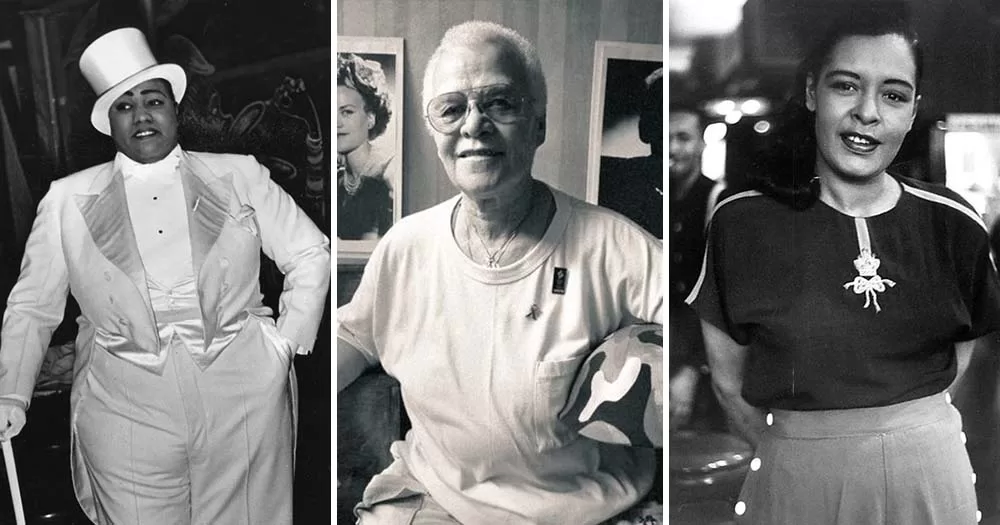While LGBTQ+ women and genderqueer people have broken through barriers and led movements for all of history, patriarchy and homophobia mean that their contributions are severely under-represented compared to their white cis male counterparts.
Too often, the lives and work of LGBTQ+ women are intentionally removed from history, or their queer identities are neglected. At a time when queer and trans women continue to fight for our safety and bodily autonomy, it can feel empowering to learn from those who changed the course of history during turbulent times in the past.
Here are 11 powerful LGBTQ+ women and genderqueer people whose impacts we should recognise and honour today:
Billie Holiday
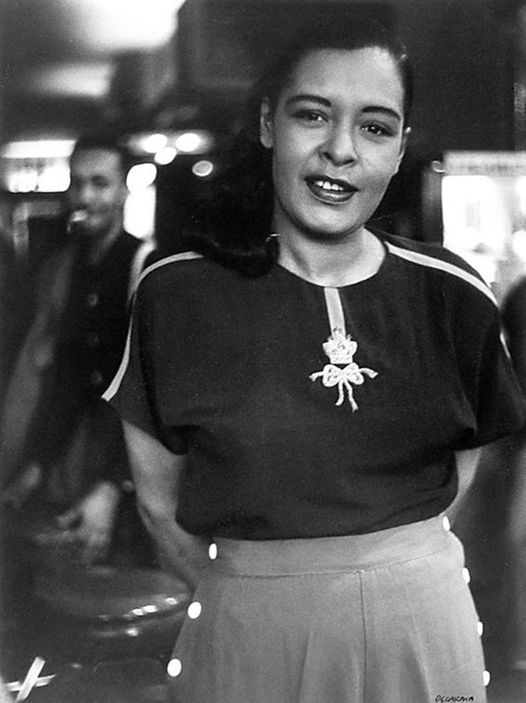
While widely recognised for her undeniable impact as a jazz musician in the 1950s, Billie is lesser known as a bisexual icon and Civil Rights activist. The singer publicly dated prominent American philanthropist Louise Crane and American actress Tallulah Bankhead who starred in Alfred Hitchcock’s 1944 film Lifeboat, but any mentions of these relationships were notably missing from her 1972 biopic.
Stormé DeLarverie
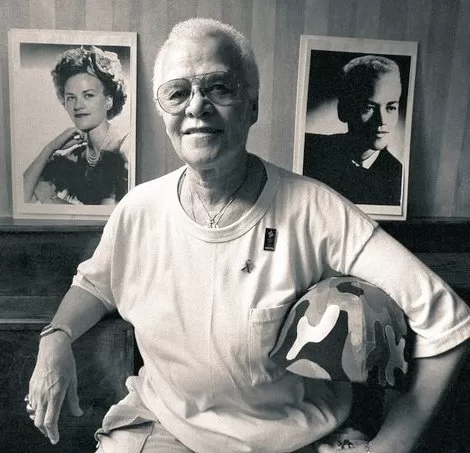
After a challenging childhood, Storme moved to Chicago where she dressed and presented as a straight man and began a loving relationship with her female partner of 25 years. Stormé also lived in New York and performed as a famous drag king at a time when drag and cross-dressing were criminalised. Stormé also played a key role in the 1969 Stonewall Riots and may have even thrown the first punch.
Later in life, DeLarverie worked at gay and lesbian bars as a bodyguard, and she lived in the Chelsea Hotel from the 1970’s until 2010.
Lorraine Hansberry
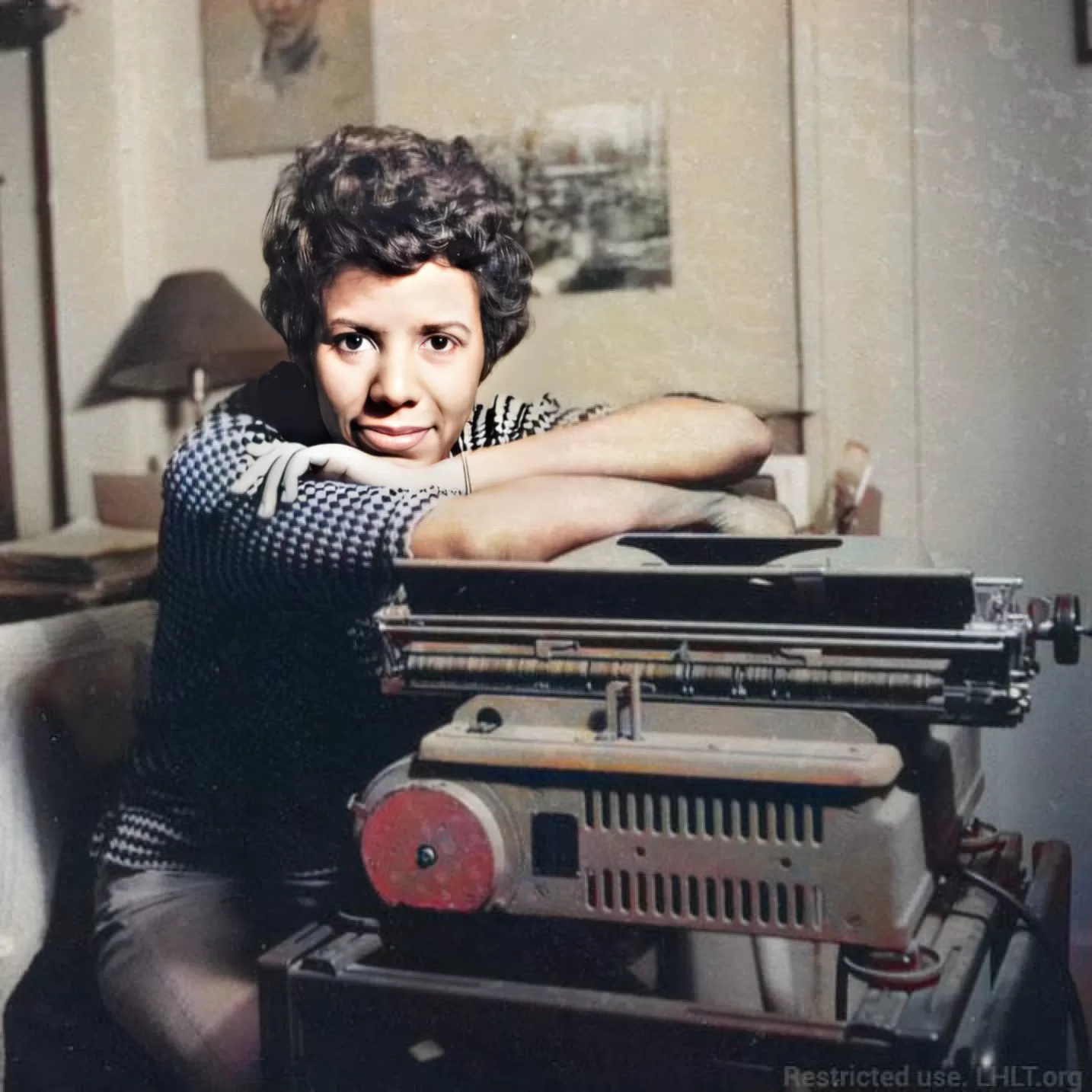
Hansberry was a successful American writer and playwright and the first black woman to write a play performed on Broadway. She is best known for A Raisin in the Sun which is part of the Irish Leaving Cert English syllabus. She wrote the play the same year that she joined a lesbian rights organisation called Daughters of Bilitis.
She died from pancreatic cancer at the age of 34, but after her death was recognised at the Chicago Gay and Lesbian Hall of Fame and in 2013, she was added to the American Theatre Hall of Fame and the Legacy Walk, an outdoor display in Chicago celebrating LGBTQ+ heroes.
Dr Margaret Chung
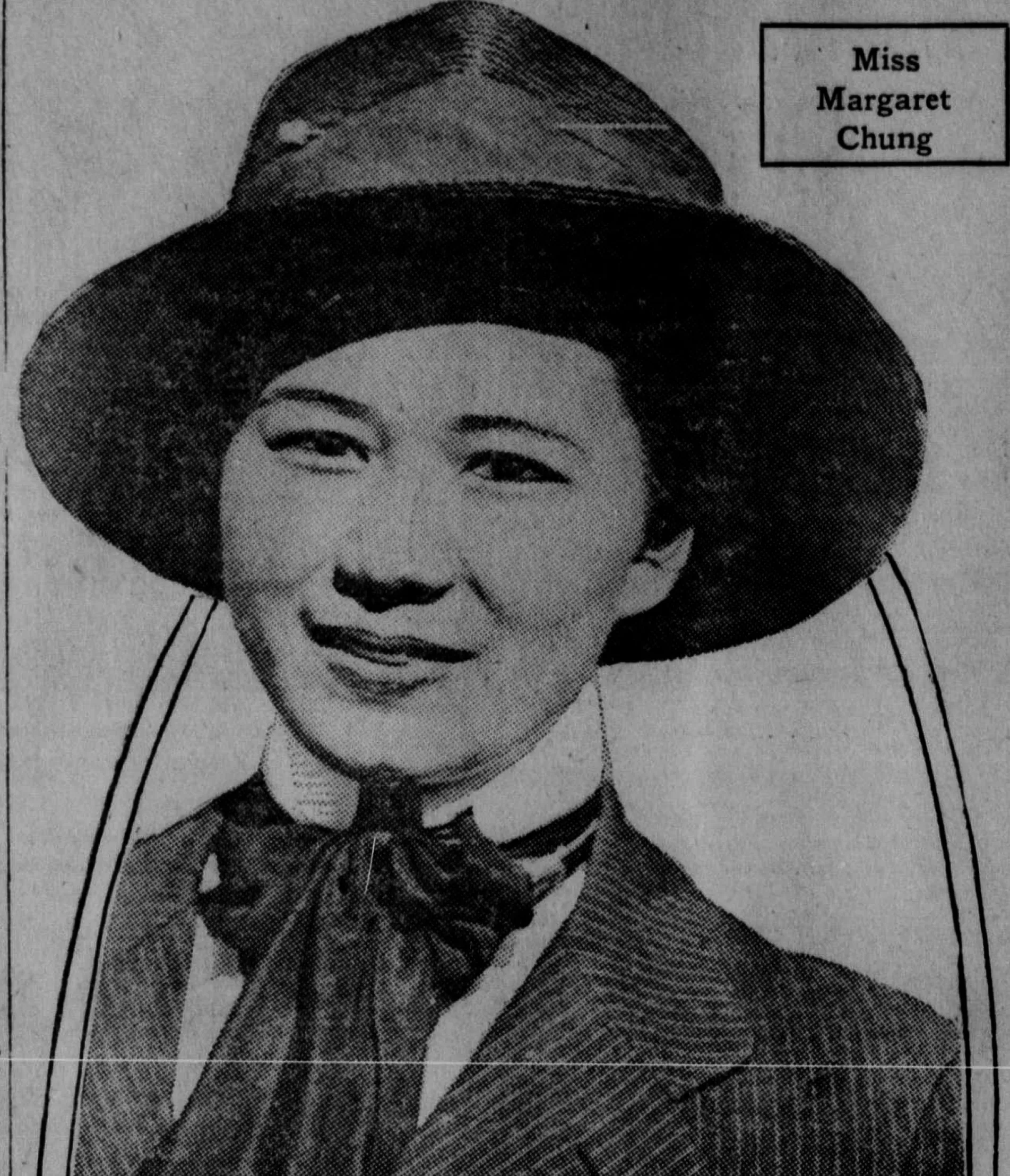
Chung overcame boundaries during a time when it was especially difficult for queer women and women of colour to excel in the medical field. Records show that while attending medical school, Chung would pair a jacket and tie with her skirt, and often went by the name “Mike”. While Chung did not publicly share her identity, she often associated with women who were openly gay including lesbian poet Elsa Gidlow, and was rumoured to have romantic relationships with several women between 1910-1950.
Dr Chung made several contributions to STEM and medicine, and is most often remembered for founding one of the first Western medical clinics in San Francisco’s Chinatown.
Christine Jorgenson
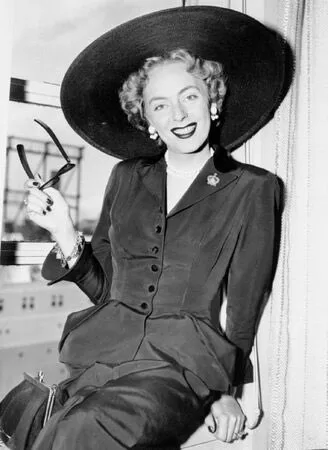
This American transgender woman was known as the first trans person to have gender-affirming surgery in the US. She was a famous actress and singer who was drafted into the US Army during World War II. She had planned to keep her transition a secret, but the New York Daily News outed her after a letter she wrote to her parents was leaked to the press. In the letter, Jorgenson said: “Nature made a mistake which I have had corrected, and now I am your daughter.”
Rather than hide from the spotlight, Jorgenson used her visibility to advocate for transgender people worldwide. Ultimately, her public transition helped create a more accepting and inclusive culture around trans identities.
Gladys Bentley
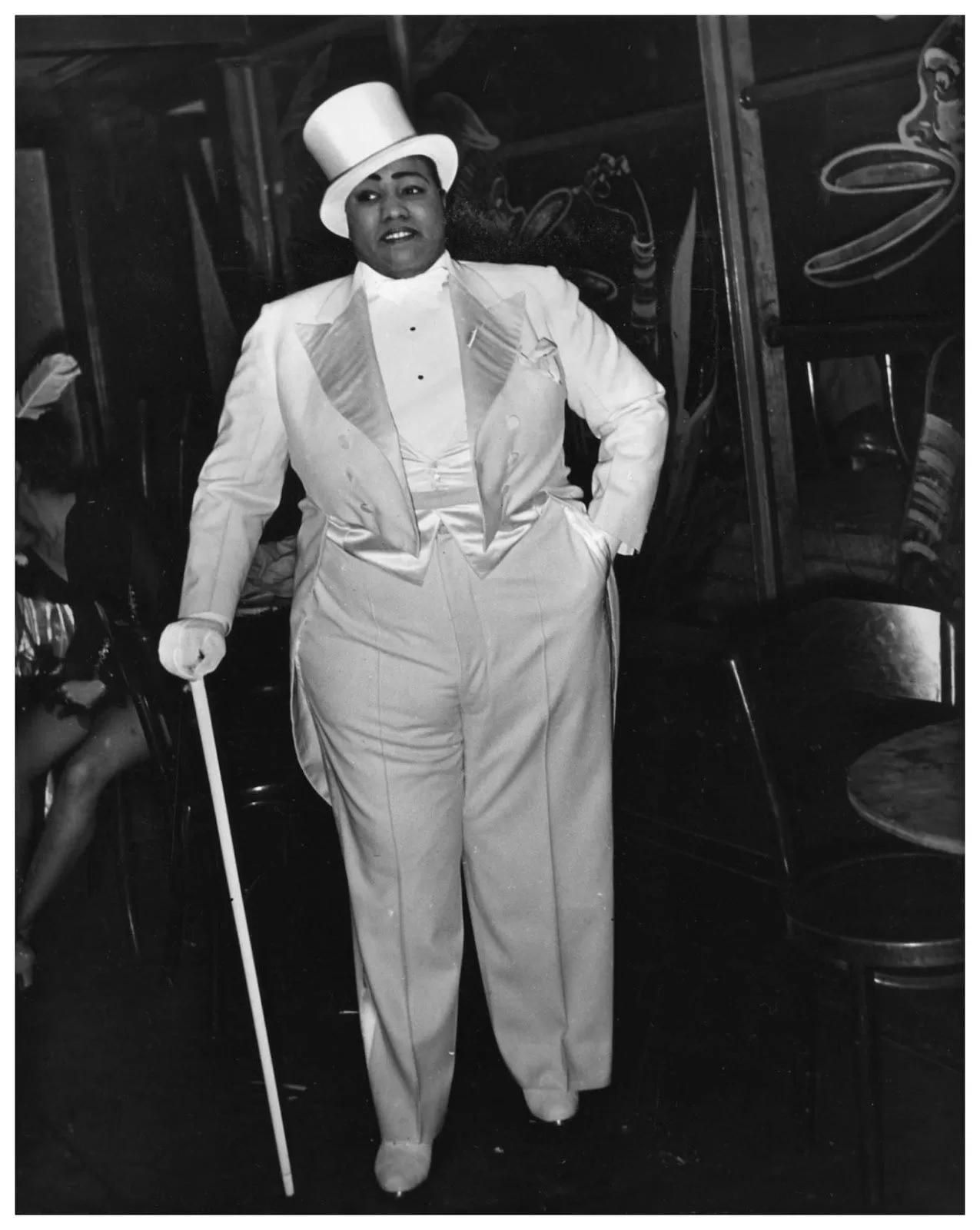
During the 1920’s and 1930’s when lesbian identities were regularly dismissed as illnesses, this Black jazz performer proudly shared her queer identity. She wore white tuxedos and openly flirted with women. Many queer women of her time were forced to keep their relationships secret, but Gladys boldly wrote and sang about her relationships with women, and she even married her white girlfriend in a highly publicised Atlantic City wedding ceremony.
Eleanor Roosevelt
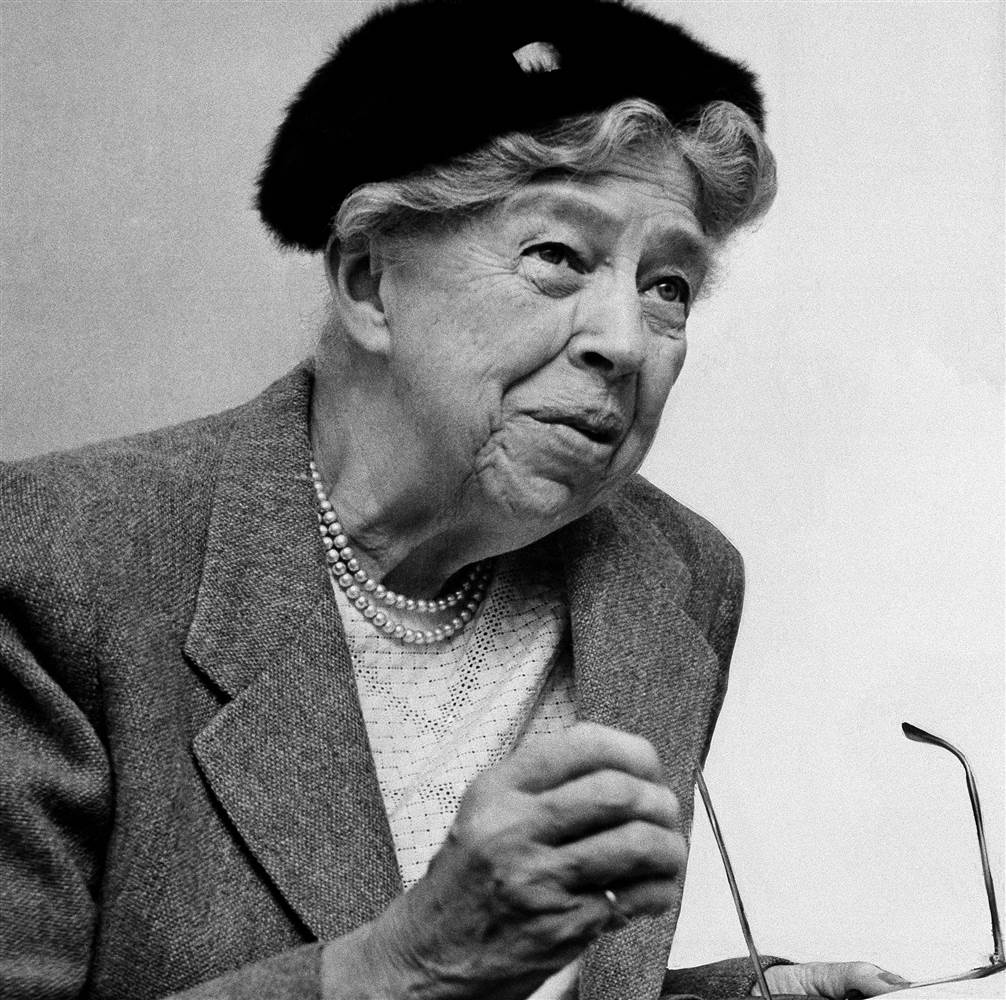
While she is best known for her impact as an American first lady, her marriage to President Roosevelt was likely a political one. She was believed to be in a romantic relationship with journalist Lorena Hickok for over 30 years. While many newspapers described their relationship as a friendship, the two exchanged nearly 4,000 love letters throughout their 30-year relationship. She also surrounded herself with a close circle of powerful lesbians, including playwright Terry Baum.
Roosevelt used her powerful position as first lady to lead social change, and since her death she’s been honoured in many ways including the The Eleanor Roosevelt Monument located in New York City’s Riverside Park.
Marsha P Johnson
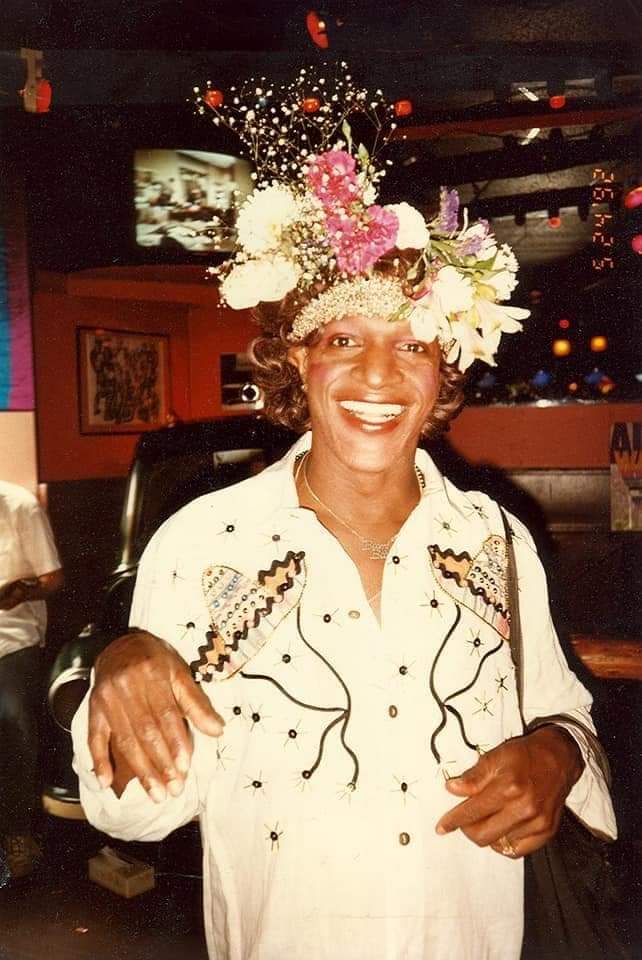
As a lead organiser and advocate during the Stonewall uprisings in 1969, Marsha P Johnson is one of the most iconic LGBTQ+ women in history. In addition to leading a revolution against police brutality targeting queer people, Johnson dedicated her life to protecting and advocating for LGBTQ+ youth, particularly Black trans femmes, homeless queer people, and sex workers.
In 2020, New York Governor Andrew Cuomo dedicated the East River State Park in Brooklyn to her, making Marsha P Johnson State Park the first State Park to honour an LGBTQ+ person.
Sylvia Rivera
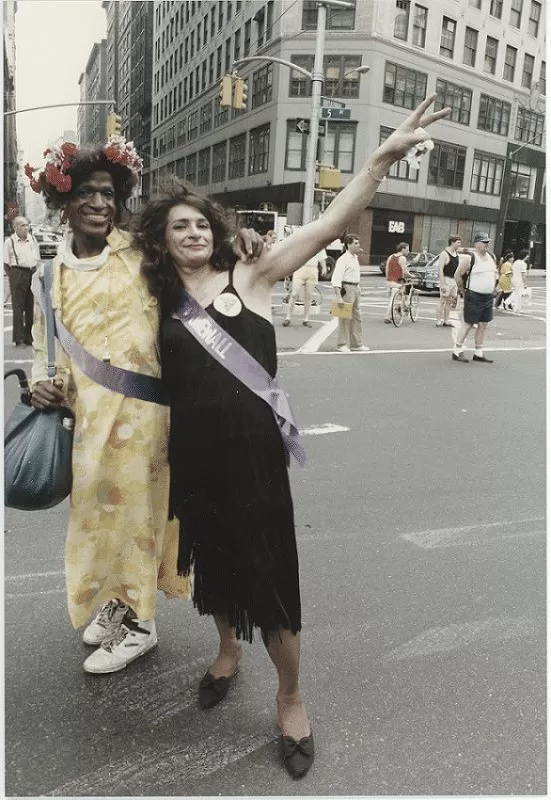
This Latina transgender activist was another key figure during the Stonewall uprising. She fought tirelessly for the rights of transgender and gender non-conforming people, especially those who faced homelessness and discrimination. She also co-founded the Street Transvestite Action Revolutionaries (STAR) together with Marsha P Johnson, which influenced trans visibility and support.
Rivera passed away in 2002 at the age of 50, but she has been honoured with a street named after her in New York City. New York is also home to the Sylvia Rivera Law Project that works to protect the rights of gender non-conforming people.
Ma Rainey
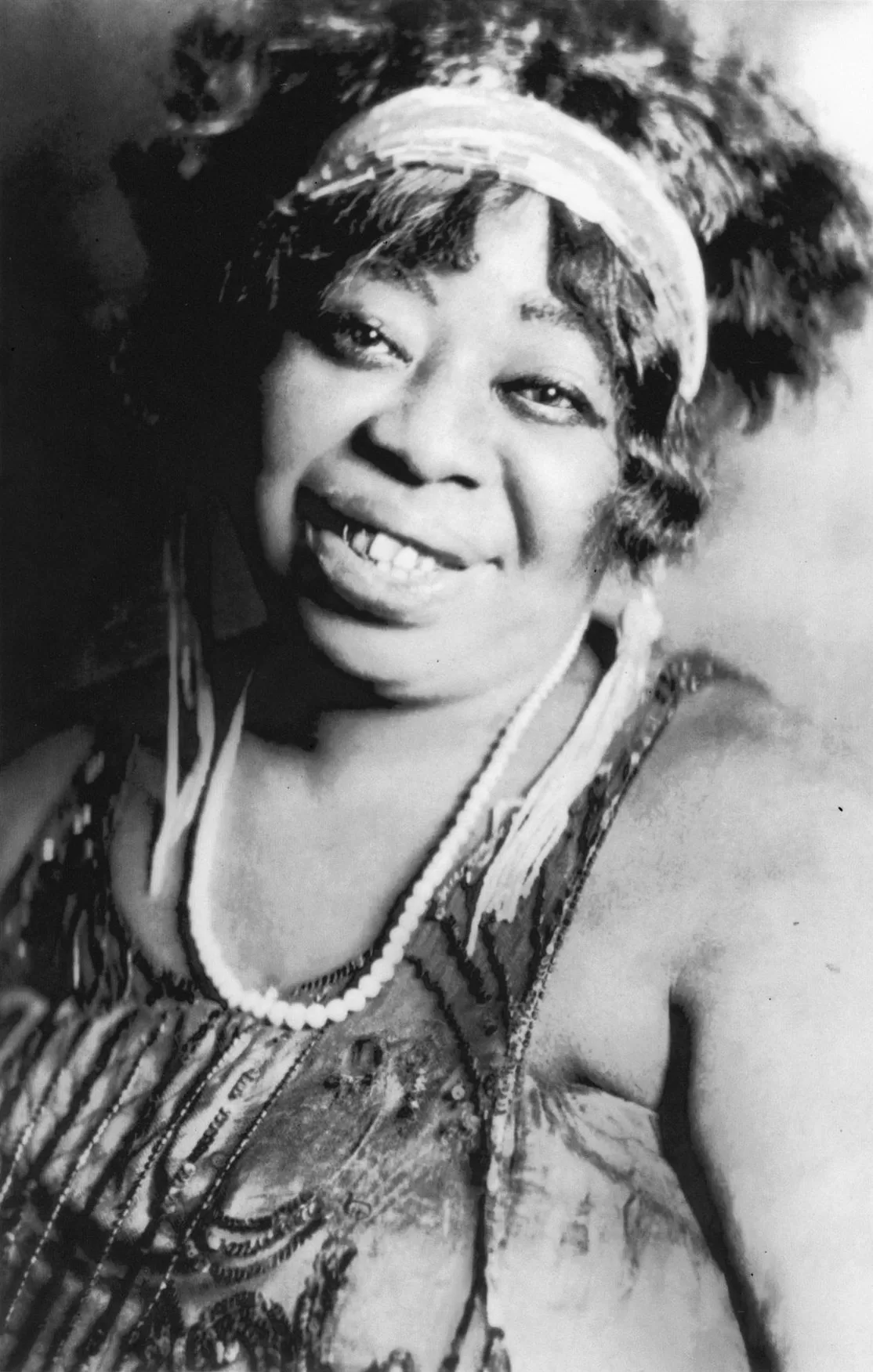
This “Mother of the Blues” was a pioneering bisexual African American musician known for her mesmerising performances and singing about her liberating experiences as a Black queer woman in Chicago in the 1920’s and 1930’s. Her bold lyrics challenged societal norms, and she opened two music venues to support future LGBTQ+ artists, but her death certificate described her only as ‘a Housekeeper’.
In the years since her death, a museum and a film adaptation were created in her honour.
Barbara Gittings
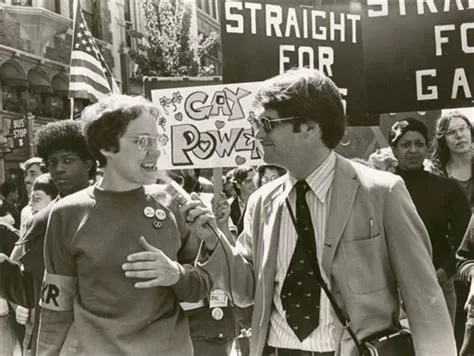
Best known for fighting for the inclusion of LGBTQ+ literature in public libraries, this powerful lesbian activist also led protests and worked with queer organisations like the Daughters of Bilitis to educate and advocate for lesbian rights.
As part of her legacy, the American Library Association and the Gay and Lesbian Alliance Against Defamation (GLAAD) both named awards in her honour.
Many impactful LGBTQ+ women were incredibly famous and successful during their time, but unlike their white cis male counterparts, their fame and identities have largely faded from history. Thanks to the dutiful work of LGBTQ-inclusive archivists we’re able to recover many of these stories, but who knows how many more names are not mentioned here because they have been effectively erased.
© 2023 GCN (Gay Community News). All rights reserved.
Support GCN
GCN is a free, vital resource for Ireland’s LGBTQ+ community since 1988.
GCN is a trading name of National LGBT Federation CLG, a registered charity - Charity Number: 20034580.
GCN relies on the generous support of the community and allies to sustain the crucial work that we do. Producing GCN is costly, and, in an industry which has been hugely impacted by rising costs, we need your support to help sustain and grow this vital resource.
Supporting GCN for as little as €1.99 per month will help us continue our work as Ireland’s free, independent LGBTQ+ media.
